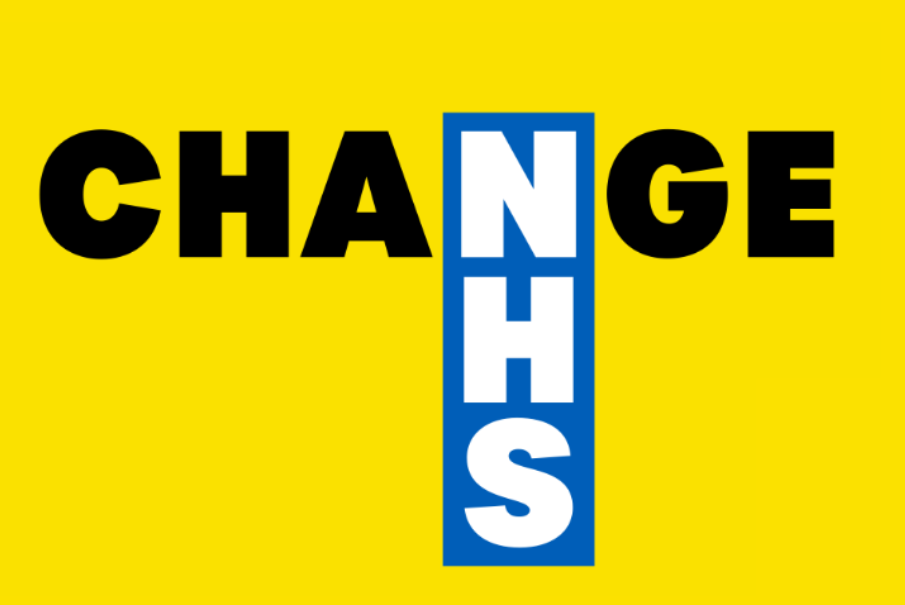The Florence Nightingale Foundation (FNF) has listened to the views of senior nurses and midwives and submitted its organisational response to the Change NHS Consultation, highlighting the areas FNF Academy members want to see prioritised in the UK Government’s 10-Year Health Plan.
This autumn, the government launched Change NHS: ‘the biggest ever conversation about the future of the NHS’. The FNF welcomed this opportunity for the public, NHS staff and wider health and care organisations to share their insights and expertise.
To formulate our response to the consultation, FNF called on its academy members, Chief Nurses and senior midwives, to share their views and perspectives on what the government should prioritise in its 10-year plan for NHS England.
As nurses and midwives are the largest healthcare workforce, we are keen to ensure that the forthcoming 10-year plan reflects the insights of senior nursing and midwifery leaders. The frontline experience of our academy members in leading complex services, driving transformation, and championing nursing and midwifery excellence makes an invaluable contribution to the conversation.
Professor Greta Westwood CBE, PhD, RN, FNF Chief Executive Officer
A summary of FNF’s response can be found below. Click here to read our full response.
What do we want to see included in the 10-Year Health Plan and why?
The 10-Year Health Plan must be realistic and achievable within current financial constraints. FNF Academy members want to see long awaited and much needed capital projects prioritised, along with investment in technological innovations. They were also clear that procurement processes need to be overhauled, and a culture of financial accountability fostered across all levels of decision-making.
Strategic workforce planning and retention should also be considered a key priority area to address challenges of workforce shortages and high turnover rates amongst the nursing and midwifery professions.
What are the biggest challenges and enablers to move more care from hospitals to communities?
Workforce Capacity and Skill Development: a significant challenge is ensuring sufficient staffing levels with appropriate skills in preventative and community care.
Resource Allocation and Funding: a substantial investment in infrastructure, technology, and training is needed to enable sustainable change.
Community Readiness and Engagement: community level systems and services must be ready to take on additional responsibilities including improving health literacy and access to care.
Systemic Coordination and Integration: current service integration and coordination is a significant concern for health leaders and, unless addressed, will result in fragmented care and poor outcomes.
Cultural and Structural Shifts: there is a need to promote care delivery in the community and shift perceptions of where good-quality healthcare can be accessed.
What are the biggest challenges and enablers to making better use of technology in health and care?
Lack of Integration and Interoperability: systems are failing to communicate with each other, operating in siloes and created in efficiencies and fragmentation.
Digital Literacy: more training and support is needed to ensure a confident and competent workforce.
Design and Implementation of Technology: new tools and systems must be designed with clinical input, appropriate for care on the frontline.
Balance between Technological Advancement and Compassionate Care: innovations must support clinicians to deliver empathetic and human-centred care, rather than replace it.
What are the biggest challenges and enablers to spotting illnesses earlier and tackling the causes of ill health?
Challenges in Workforce and Resource Allocation: given the existing strain on capacity, a greater focus on preventative services must not detract from meeting the immediate healthcare needs of patients.
Population Engagement and Accessibility: preventative services must be designed with the whole population in mind, with a particular focus on underrepresented and marginalised groups to ensure they are not misrepresented or excluded.
Importance of Prevention and Education: improving public health requires both upskilling the health and care workforce in the education of disease prevention and strategies to engage the community for a health population.
What change do we want to see?
Financial and Resource Management: Engage frontline staff in budget decisions and develop their financial literacy at all levels.
Advancing Technological Integration: Invest in workforce digital literacy and support sustainable clinician led technological development.
Shifting Care to Communities: Health and care leaders across the system will need to invest in strategies to engage their local communities to stay healthy at home and develop the workforce in community healthcare provision.
Strategic Workforce Planning Focusing on Retention: Champion mentorship and coaching, leadership development, and flexible work arrangements to enhance staff satisfaction and retention.
Focusing on developing the leadership skills of health and care staff is, by far, the most crucial enabler in this agenda. As proven by FNF alumni, leadership skills equip health and care professionals with the confidence, strategic insight, and innovative thinking needed to drive change and improve care quality.
The insights gained from the consultation align with previous findings of FNF’s Research and Policy Team. Please see below to find out more.

